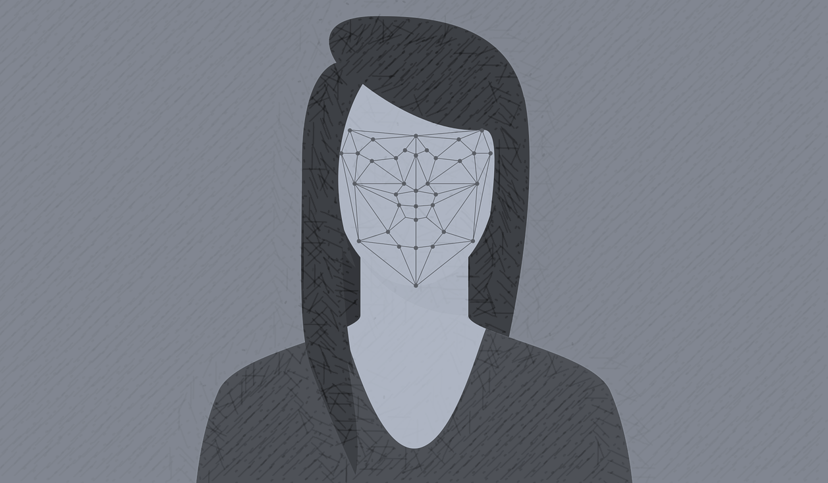
ΑΙhub.org
Clearview AI ordered to delete personal data of UK residents

The Information Commissioner’s Office (ICO) in the UK has fined facial recognition database company Clearview AI Inc more than £7.5m for using images of people that were scraped from websites and social media. Clearview AI collected the data to create a global online database, with one of the resulting applications being facial recognition.
Clearview AI have also been ordered to delete personal data they hold on UK residents, and to stop obtaining and using the personal data that is publicly available on the internet.
The ICO is the UK’s independent authority set up to uphold information rights in the public interest. This action follows an investigation that they carried out in conjunction with the Office of the Australian Information Commissioner (OAIC). The two bodies focussed on Clearview AI’s use of people’s images, data scraping from the internet and the use of biometric data for facial recognition.
It was found that Clearview AI breached UK data protection laws in the following ways:
- Failing to use the information of people in the UK in a way that is fair and transparent, given that individuals are not made aware or would not reasonably expect their personal data to be used in this way;
- Failing to have a lawful reason for collecting people’s information;
- Failing to have a process in place to stop the data being retained indefinitely;
- Failing to meet the higher data protection standards required for biometric data (classed as ‘special category data’ under the GDPR and UK GDPR);
- Asking for additional personal information, including photos, when asked by members of the public if they are on their database. This may have acted as a disincentive to individuals who wish to object to their data being collected and used.
John Edwards, UK Information Commissioner, said: “Clearview AI Inc has collected multiple images of people all over the world, including in the UK, from a variety of websites and social media platforms, creating a database with more than 20 billion images. The company not only enables identification of those people, but effectively monitors their behaviour and offers it as a commercial service. That is unacceptable. That is why we have acted to protect people in the UK by both fining the company and issuing an enforcement notice.”
You can find out more from the ICO here.










